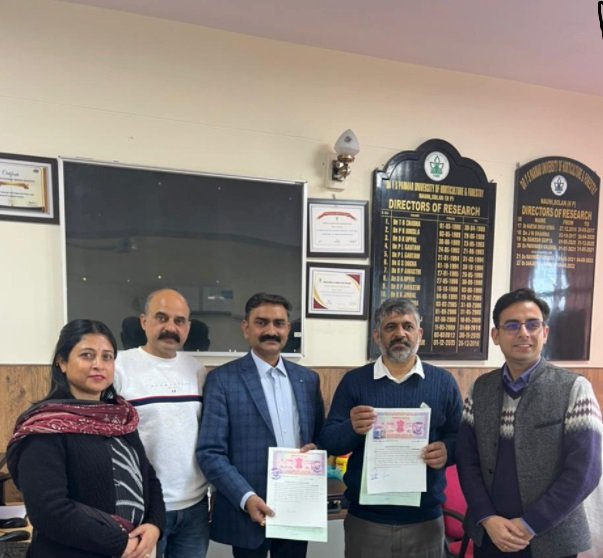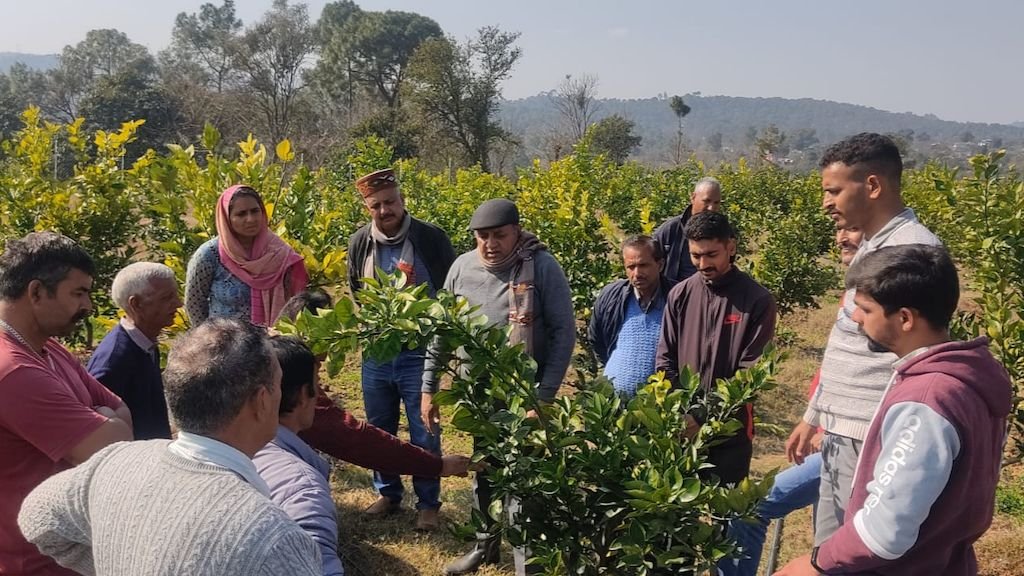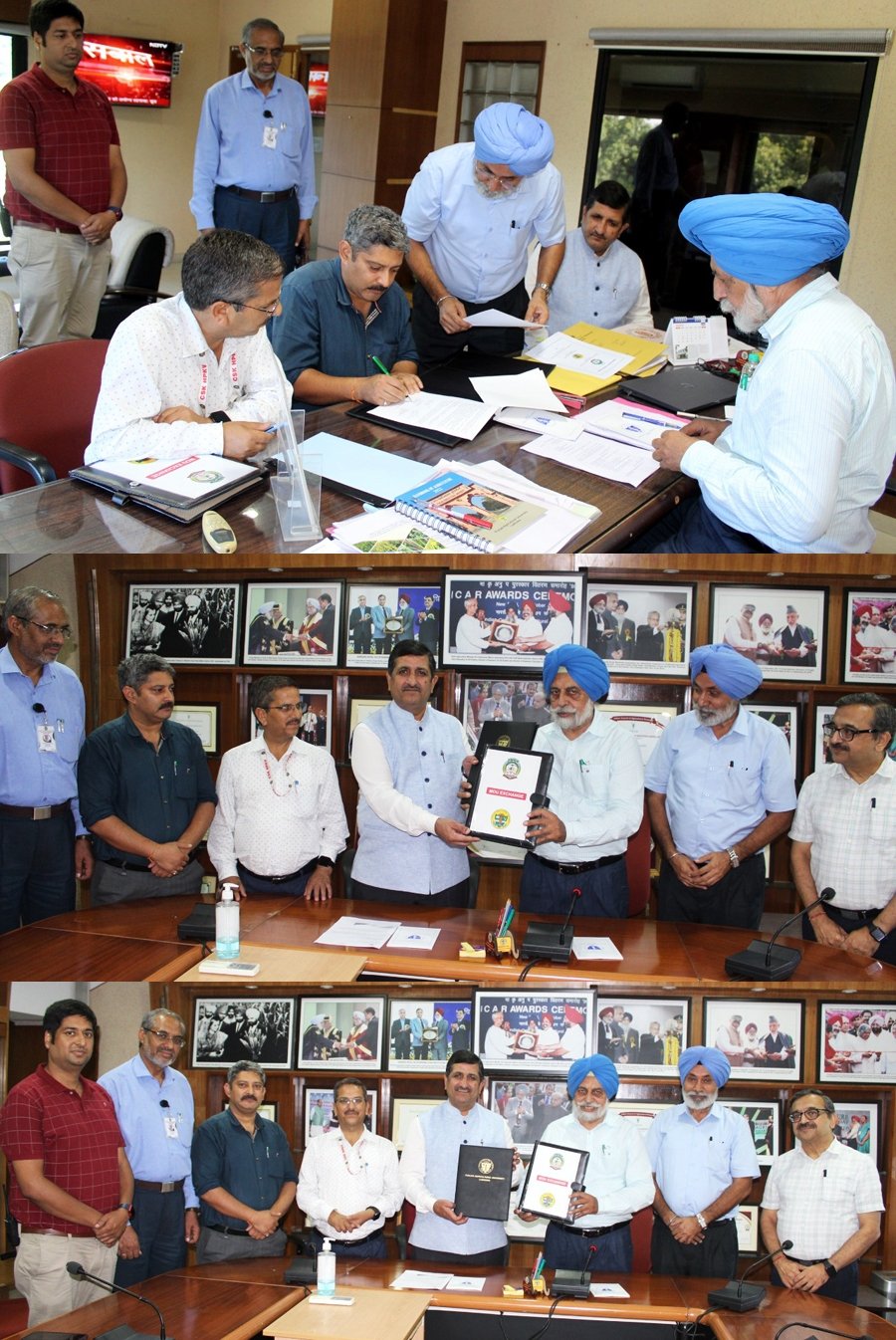Rupala inaugurates Global Fisheries Conference India 2023 on the occasion of World Fisheries Day
10 foreign missions from different countries along with various International organisations attend the conference
On the occasion of World Fisheries Day, the Dept. of Fisheries, GoI is organising a Global Fisheries Conference India 2023 which began at Gujarat Science City, Ahmedabad, Gujarat. Parshottam Rupala, Union Minister for Fisheries, Animal Husbandry & Dairying inaugurated the Special Pavilion and main Exhibition of Global Fisheries Conference India 2023. Minister of States for Fisheries, Animal Husbandry & Dairying Dr Sanjeev K. Balyan, and Dr L Murugan, Chief Minister of Gujarat, Bhupendra Rajnikant Patel, Ministers of various states, Ambassador of various countries, other dignitaries and heads of various organisations and fisheries research institutes were present in the event.
Parshottam Rupala released the “State Fishes of India Booklet” to encourage each state in India to adopt a fish and conserve its biodiversity. The booklet contains details of 21 fish species adopted as State Fish and declared as State Aquatic Animals. The other key publication released was “Handbook on Fisheries Statistics year 2022” which aims at providing key data points and performance indicators for the Fisheries sector making accurate and reliable fisheries data available to all.
Further, Rupala distributed Group Accident Insurance Scheme (GAIS) claim cheques (Rs 5 lakhs each) to beneficiaries /legal heirs from the states of Odisha and Puducherry, Kisan Credit Card (KCC) to eligible beneficiaries with the loan amount of Rs 35 thousand to Rs 3 lakhs for beneficiaries from Gujarat, Green Fuel conversion kit for sustainable development of fisheries sector that included beneficiaries from Kerala and transponders for beneficiaries from Gujarat.
Sagar Mehra Joint Secretary for DoF, highlighted that the Department of Fisheries organised an event of this scale and magnitude for the first time. He said it is a moment of pride for DoF (MoFAH&D, GoI) to host 10 foreign missions from the countries of France, New Zealand, Norway, Australia, Russia, Spain, Zimbabwe, Angola, Brazil and Greece along with International organisations namely Food and Agriculture Organisation (UN-FAO), Asian Development Bank (ADB), Deutsche Gesellschaft für Internationale Zusammenarbeit (GIZ), Bay of Bengal Program (BoBP), Marine Stewardship Council India (MSC), Ministers from the States/UTs of Arunachal Pradesh, Haryana, Uttar Pradesh, Himachal Pradesh, Meghalaya, Nagaland, Tripura, Goa and Andhra Pradesh.
The delegation interacted with the exhibitors in the special pavilion that included a demonstration of aquariums, Artificial reefs, Seaweed Cultivation, capture fisheries, marine cage culture, bio floc, RAS, fish feed, LPG converter kits, pearl extraction and nucleus implantation, model of Setcom satellite terminals communication system, eco-friendly movable kiosks, multi-species hatchery etc.
10 foreign missions from different countries along









